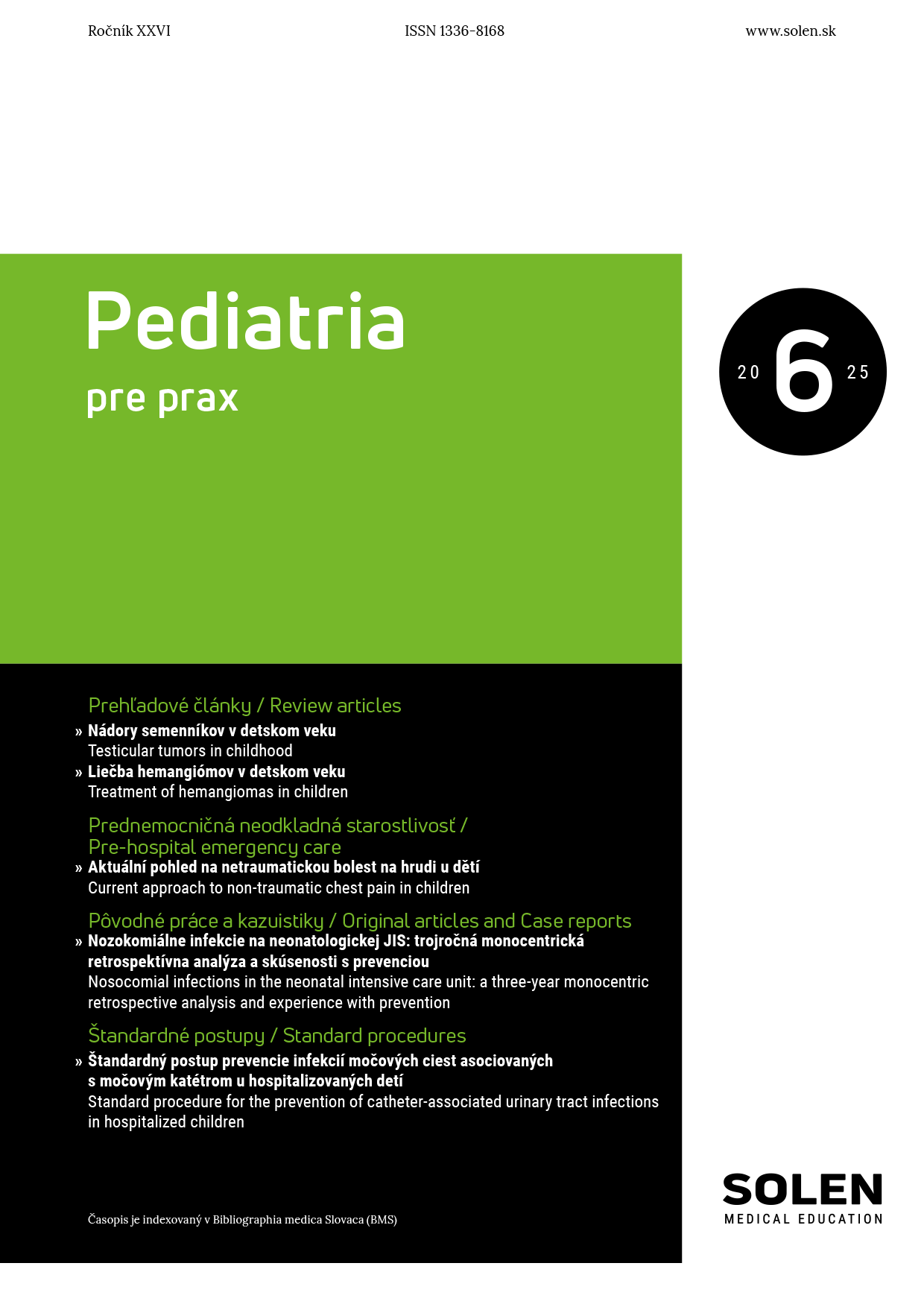Psychiatria pre prax 4/2023
Prečo preferovať dlhodobo pôsobiace injekčné antipsychotiká druhej generácie?
prof. MUDr. Jiří Masopust, Ph.D.
Čoskoro po zavedení antipsychotík (AP) v 50. rokoch 20. storočia bolo zrejmé, že kritickým problémom pri týchto perorálnych liekoch bude zlá adherencia. To viedlo v roku 1966 k vývoju prvého dlhodobo pôsobiaceho injekčného (LAI) lieku so zámerom znížiť výskyt nežiaducich účinkov (AE), a teda aj zlepšiť adherenciu.
Kľúčové slová: adherencia, dlhodobo pôsobiace injekčné antipsychotiká, nežiaduce účinky, perorálne antipsychotiká, relaps
Why to prefer long-acting injectable antipsychotics of the second generation?
Soon after introducing antipsychotics (AP) in the fifties of the 20th century it was obvious that insufficient adherence will represent a major disadvantage of these oral drugs. This led to a development of the first long-acting injectable (LAI) drug in 1966 with the intention to reduce the occurrence of adverse events (AE) and to improve adherence at the same time.
Keywords: adverse events, adherence, long-acting injectable antipsychotics, oral antipsychotics, relaps

















